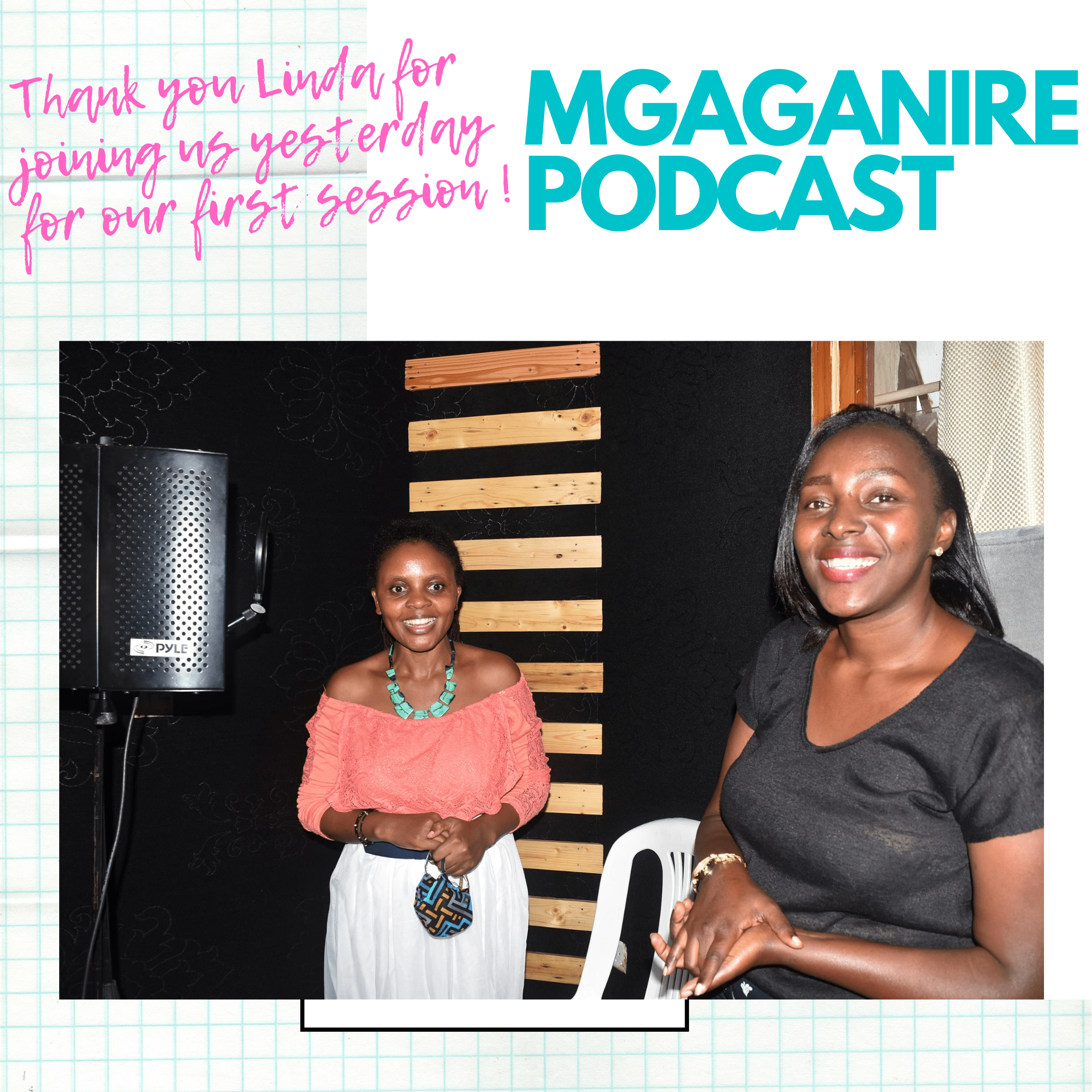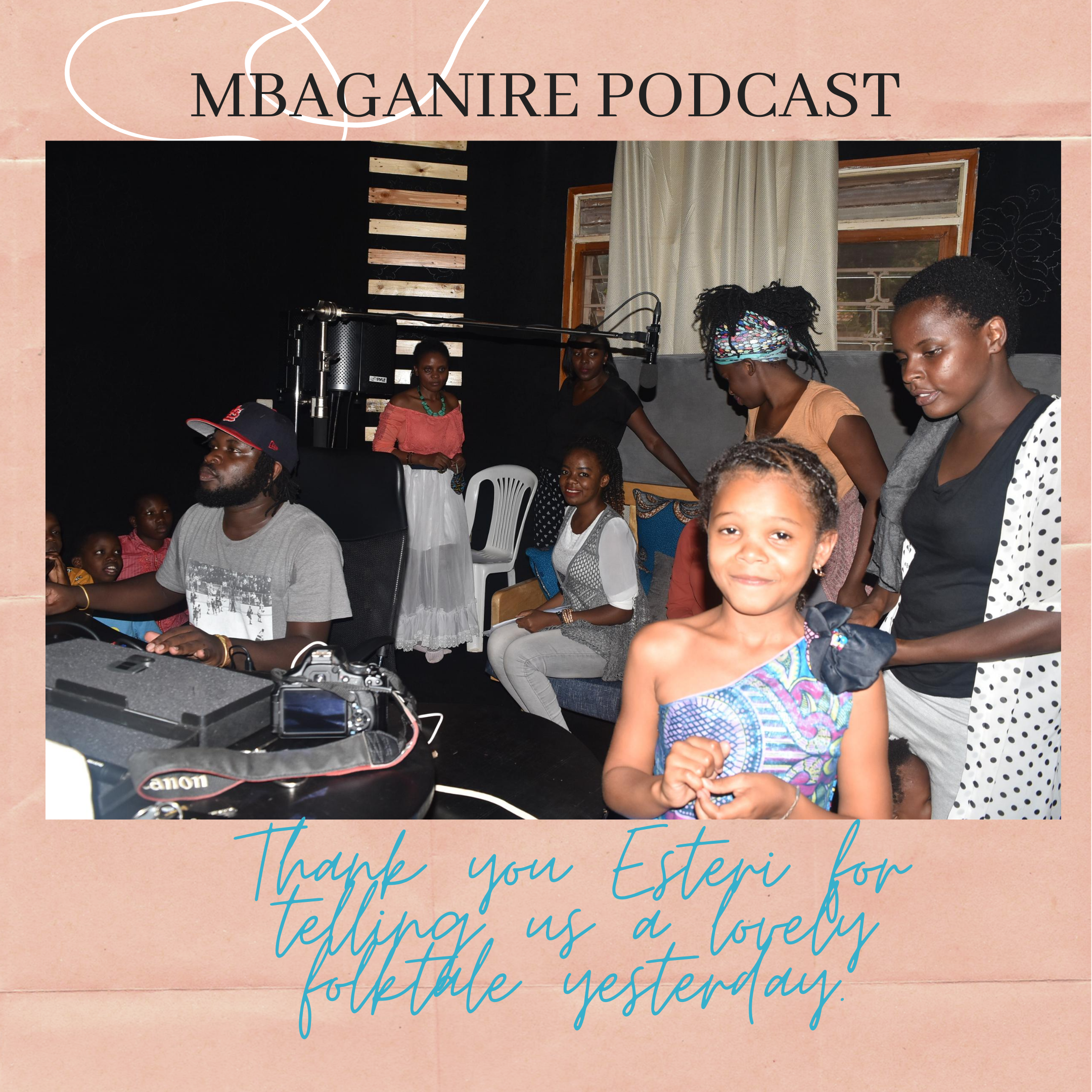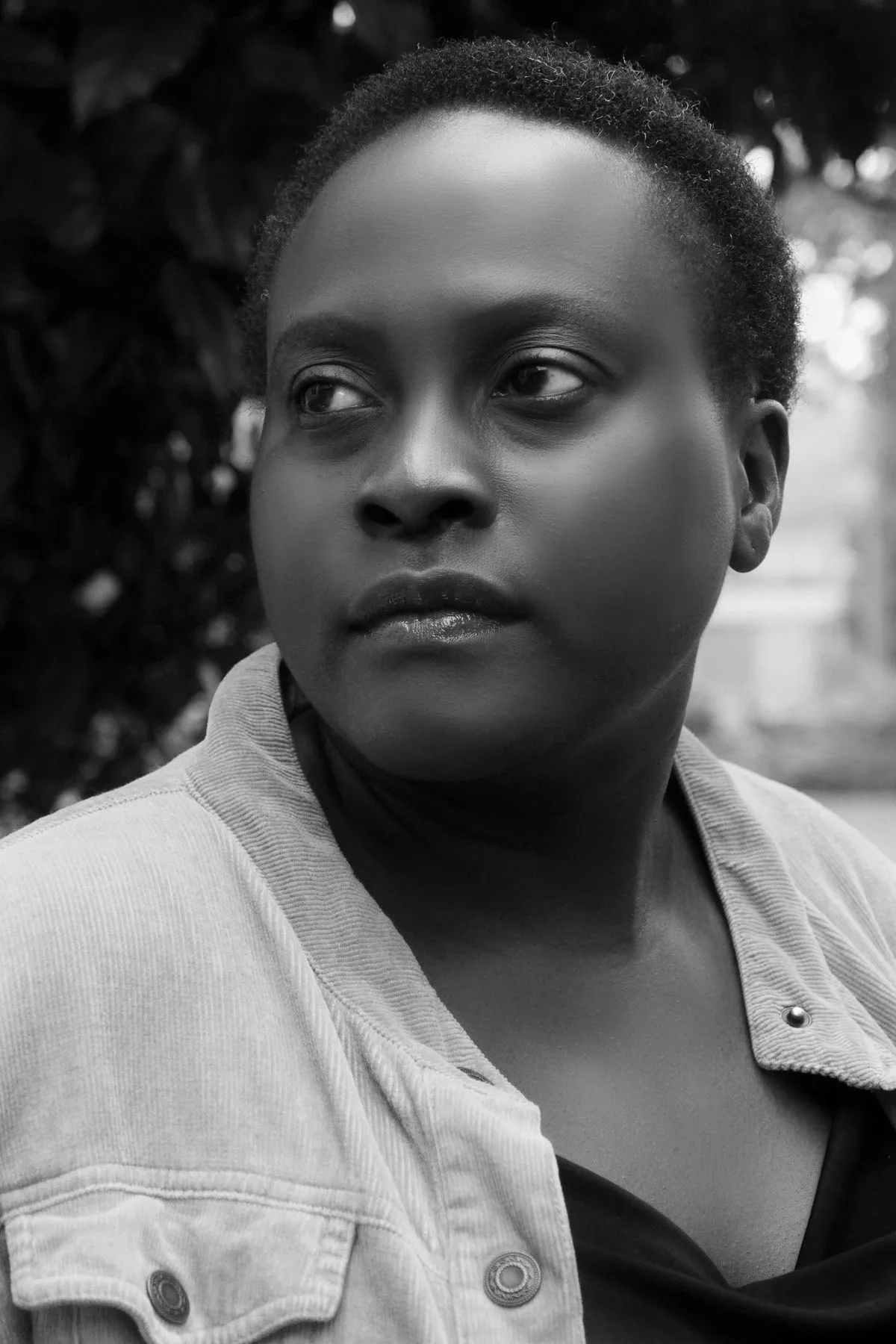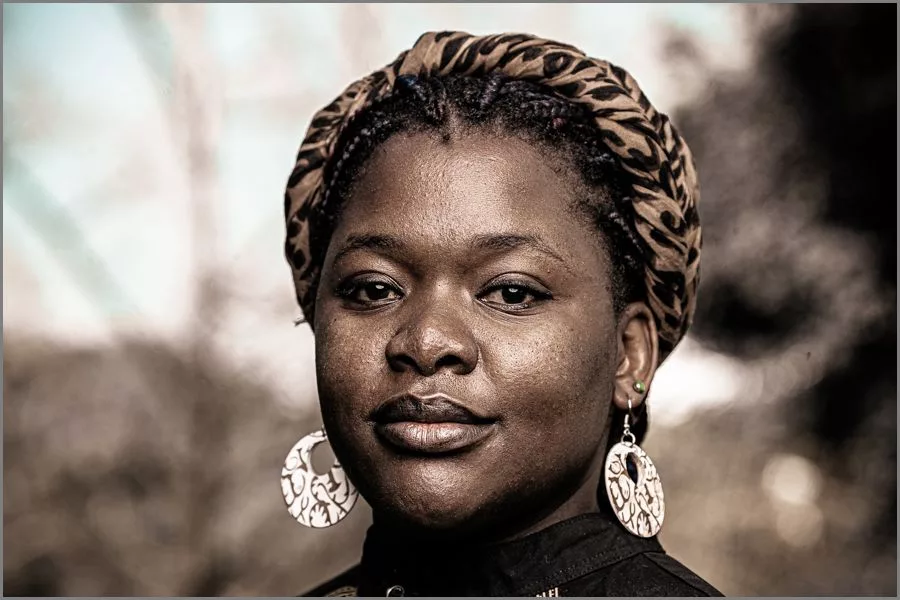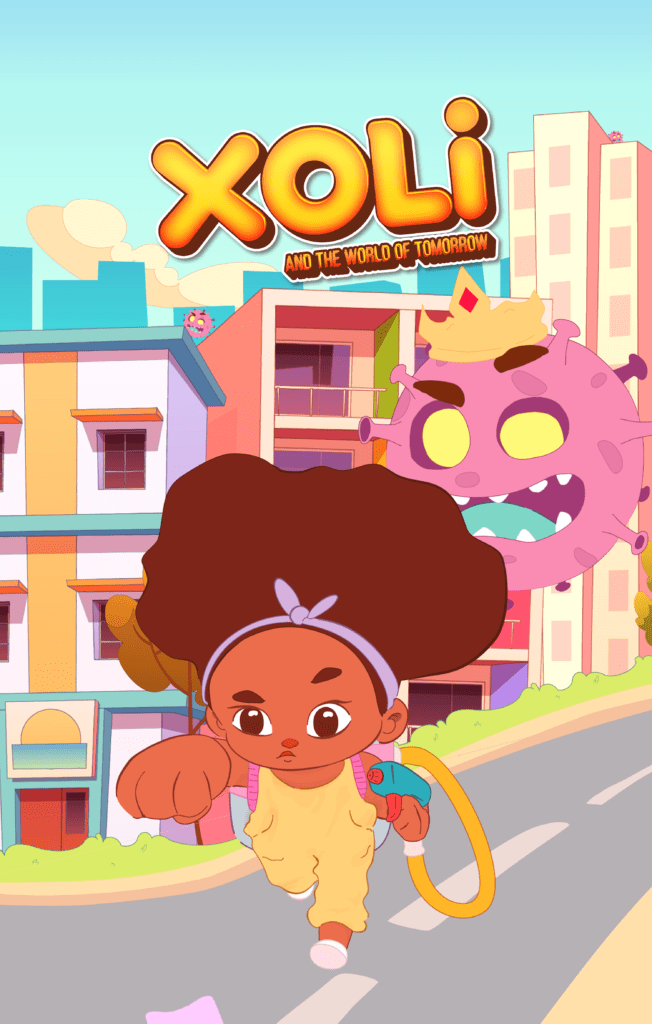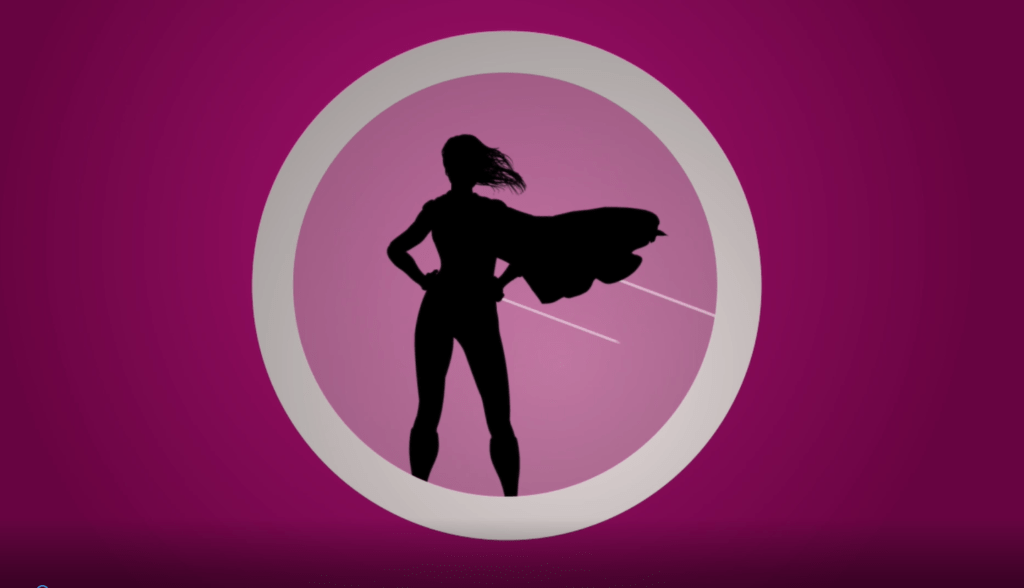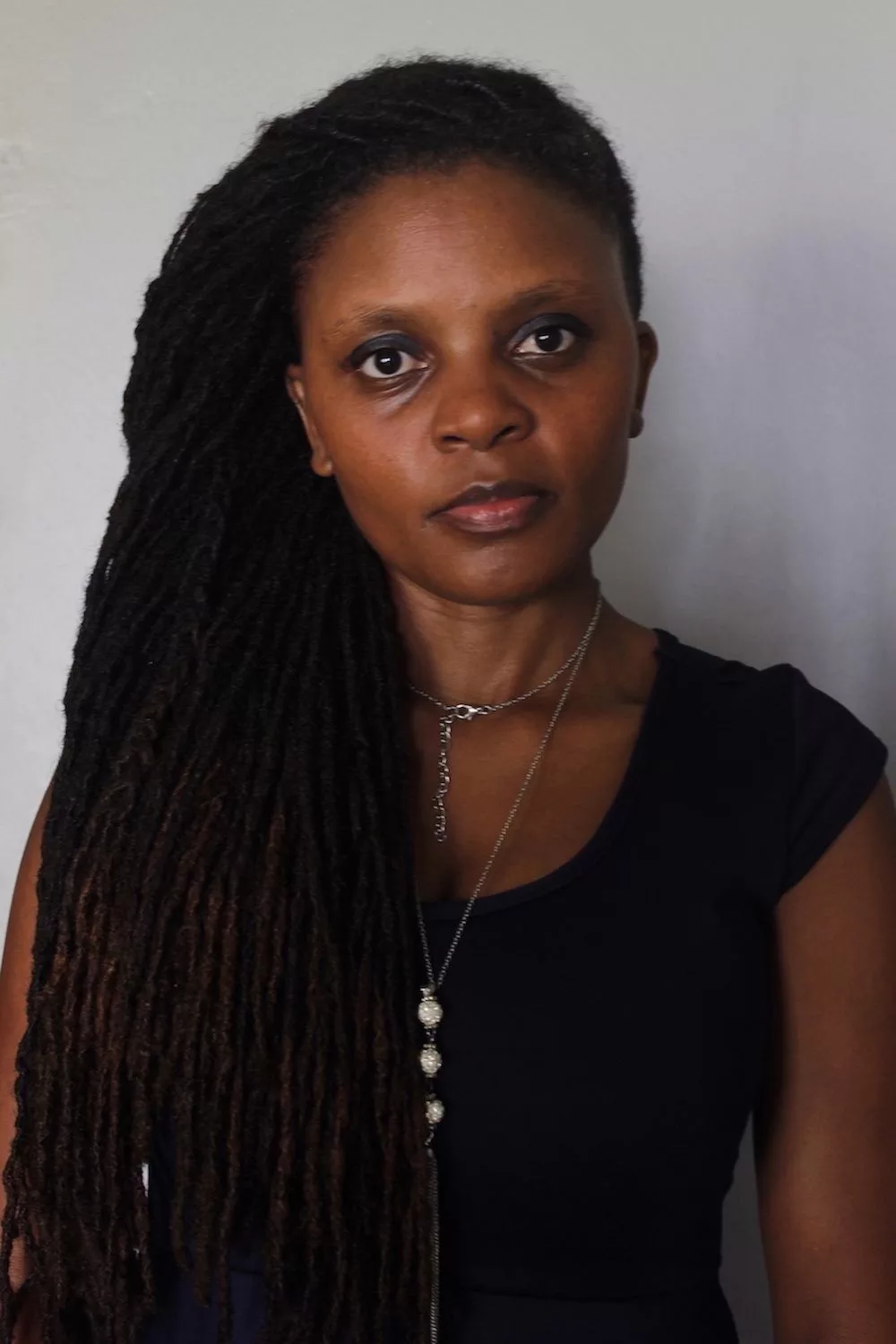
A few words about your artistic career
When I started out as a traveller. I dreamt of changing the world with the gospel of non-violence. The older I get, the more I discover my place in the web of prophetic artists who dare to dream utopias for African peoples the world over.
How long have you been an artist?
I've been an artist for about 8 years.
Why did you apply for this scholarship? How will the scholarship support you?
This grant will help me hire the right people to create a professional podcast that documents Africa's rich oral tradition while entertaining the world.
**What are your concrete artistic objectives after this residency?
To start a podcast dedicated to the experience of African oral storytelling and publish at least one folk tale celebrating African survivalism.
What did you achieve during this creative residency? What is the result (work created)? Who was involved in the creative process?
Thanks to this grant, I was able to create a call for folk tales on African survivalism to combat this pandemic. From the applicants, I chose three stories that corresponded to the theme of the call. I hired a professional sound engineer. I also hired a studio and organised a modern-day foyer with three different professional storytellers, an intergenerational family audience and the sound engineer. I recorded the three stories and also organised an enjoyable evening of food, storytelling and reflection. After that, I worked with a professional editor to edit and mix the episodes.
I researched and searched for the best podcast website hosting service and paid for a plan with Buzzsprout. On August 7, 2020, our first episode of Mbaganire Podcast was published and is now listed on many audio apps like Spotify, Apple Podcasts, Google Podcasts, and several others. It received over 100 downloads in just one episode without any paid advertising. I was also able to call on a professional music producer from South Africa to create an original musical theme for the podcast.
How do you think these activities help us to think about the world today, in relation to the COVID-19 crisis, and/or about building for the future?
This podcast has attracted the interest of so many different people and offers a digital alternative to family time, which is diminishing as a result of modernity, especially in the context of the current pandemic. African culture is essentially oral, based on storytelling in the home and the transmission of information from elders to young people. During the Covid-19 period, we were forced to face up to the fact that we may never have the kind of African reunions that our grandparents and parents had, even if 'normality' is restored.
The Mbaganire podcast has come at just the right time to provide us with stories that can be shared with families all over the world. I'm in talks with a Runyakitara mother-tongue teacher who would like to present the original language versions of the stories as part of a language course she's running on Zoom. The folk tales will serve as a starting point for her classes, as she teaches urban children their local language. It's an exciting collaboration, because she affirms the necessity of these stories. She inspires me to record the original versions and preserve the languages from which I draw my stories. I will make them available to people in the cities and throughout the diaspora to help people reconnect with their roots.
How did you feel during the residency? And afterwards?
At the start of this residency, I was worried that I wouldn't find enough stories, especially for the pilot phase, which was looking for specific stories on a particular theme. But I found people who are walking encyclopaedias of folk tales. I'm so inspired to tap into their knowledge and immortalise their wisdom for future generations. I soon realised that it was going to be expensive to hire a studio for each story and pay a sound engineer for each session. At first I was worried about recording just one session, but later I overcame this problem by deciding to do one long session where I could record several stories on the same day. This reduced studio costs. I was able to get a discount from the sound engineer because we could record different sessions in one day. I'm very happy with the result and the feedback has been amazing. The only thing missing for some audiences was the original language versions, which I've already planned to record.
[(Mbaganire - An African Folktales Podcast
)]
